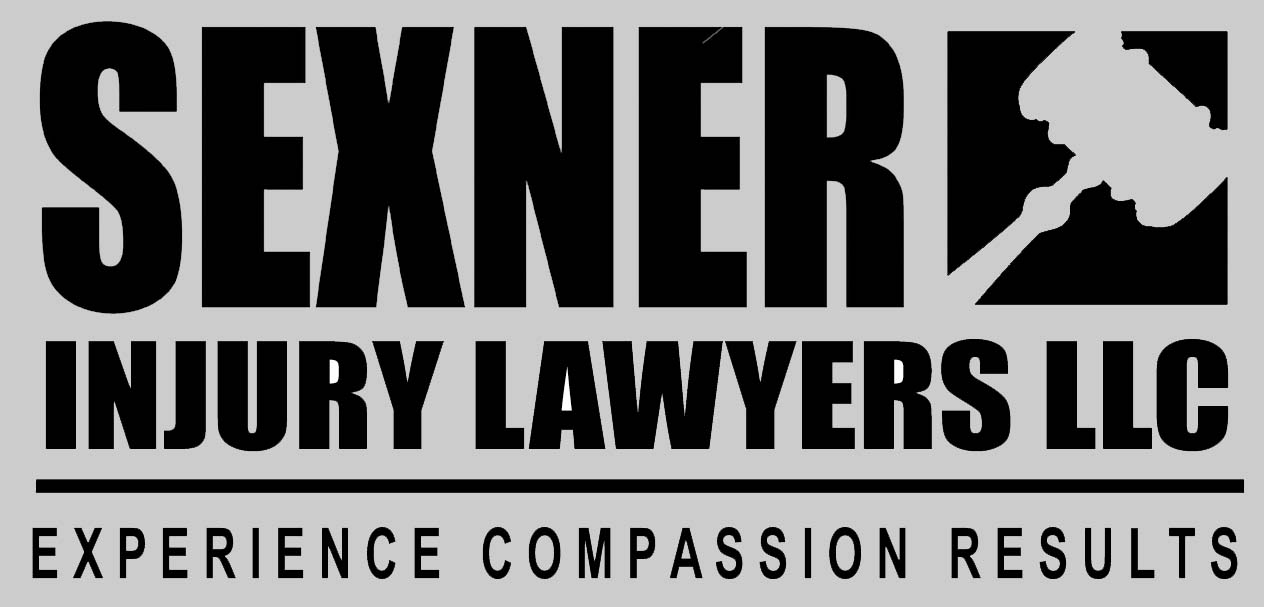Chicago Microphthalmia and Anophthalmia Lawsuits
Microphthalmia is a birth defect that results in one or both eyes of a baby being abnormally smaller than normal. The cause of these conditions is largely unknown, although genetic changes, environmental influences, and medicines such as thalidomide and Accutane have been linked to such birth defects. In severe cases, it may appear that the eyeball is missing entirely. In the vast majority of cases, some eye tissue remains.
On the other hand, anophthalmia is a similar condition which results in the lack of one or both eyeballs entirely. So although microphthalmia may or may not result in some loss of vision depending upon its severity, by definition anophthalmia will always lead to lost vision. Babies born with either eye condition may have had early development affected by the mother’s use of NSAIDs (nonsteroidal anti-inflammatory drugs).
If your baby was born with microphthalmia or anophthalmia, contact the Chicago birth defect lawyers of Sexner Injury Lawyers LLC for a free legal consultation.
Treatment of Anophthalmia and Microphthalmia
There is no current treatment that can change these birth defects and restore vision that was absent at birth; there are, however, a number of treatments that are available to aide normal growth and to enhance cosmetic appearance, such as:
- For anophthalmia, prosthetics may be used for expansion of the eye opening between the lower and the upper lids (narrowed palpebral fissure) and the eye socket (orbit);
- Preliminary surgeries with later reconstructive surgeries during childhood may be done to allow facial bone growth;
- Fitting a baby with a plastic device called a "conformer" and progressively larger devices as the child ages can help expansion of the eye socket;
- Fitting a child with an artificial eye.
Special Doctors Can Help
Special eye doctors are often required for thorough treatment of microphthalmia and anophthalmia:
- Oculoplastic Surgeons, who specializes in eye socket and eye surgeries;
- Ocularists, who have special training in fitting and making prosthetic eyes;
- Opthalmologists, who are specially-trained eye doctors.
Medical Malpractice Lawsuits for Microphthalmia and Anophthalmia
Although microphthalmia and anophthalmia are considered congenital birth defects, that doesn’t mean that they are always genetic in nature or the result of events beyond anyone’s control. Sometimes, birth defects happen because doctors make mistakes.
When a doctor prescribes a medication or drug to a pregnant woman, such medical decisions must be made with great caution. Some drugs are quickly absorbed by the fetus while others are not. Some drugs seem to have little to no effect on the growing fetus, while others have links to serious and permanent congenital birth defects. Among drug that have been linked at least preliminarily in studies to abnormalities such as microphthalmia and anophthalmia include:
- Non-steroidal anti-inflammatory drugs (NSAIDs) such as ibuprofen, aspirin, Vioxx, and naproxen which some believe may result in microphthalmia , anophthalmia, limb deficiencies, neural tube defects, spina bifida and other birth defects.
- DuPont Benlate fungicide and other pesticide, chemical, or toxin exposures.
Birth defects may also be the result of excessive exposure to x-rays or to certain viruses during pregnancy. Sometimes a doctor’s negligence may complicate an abnormality by improper treatment or surgery.
Contact a Chicago Microphthalmia and Anophthalmia Lawyer Today
In any event, keep in mind that doctors and drug manufacturers can, and sometimes do, contribute to the existence of a birth defect. If you suspect that your child’s birth defect may in any way be linked to the negligence of a doctor, drug manufacturer, or other party, contact an Illinois birth injury lawyer at Sexner Injury Lawyers LLC immediately.
A medical malpractice lawsuit may be available to seek financial compensation to help you obtain the very best medical treatment available and obtain justice. No lawyer fees ever apply unless we’re successful on your behalf; millions have already been collected. So call now for free information at (312) 243-9922.

